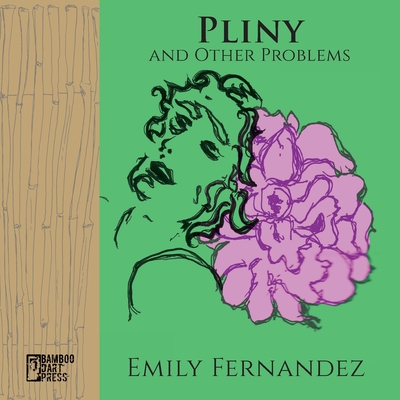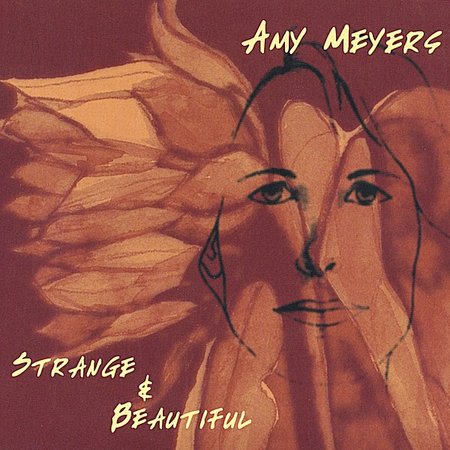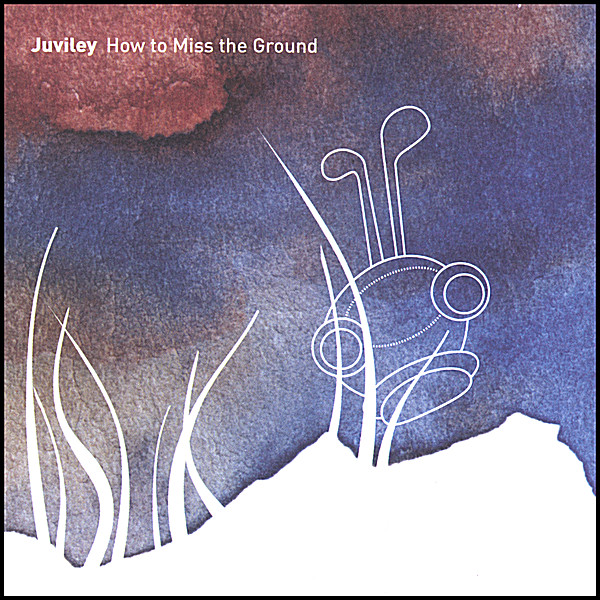
description
starts with the problems of ordinary life - a mother's midlife crisis - and the doings (and undoings) of aging and loss. In the central poems, Pliny the Elder's life and tome, Natural History, is playfully explored. Pliny mixes Roman mythology with observations of nature, and these poems build little narratives with his bizarre imagery. Nature is instructive and absurd, and the last section, "Supplications," contemplate the ways it demands our attention and awe. Though life in late-stage capitalism, aka the Anthropocene, is uncertain at best, and catastrophic at worst, it doesn't mean one cannot find some joy.
member goods
No member items were found under this heading.
Return Policy
All sales are final
Shipping
No special shipping considerations available.
Shipping fees determined at checkout.







